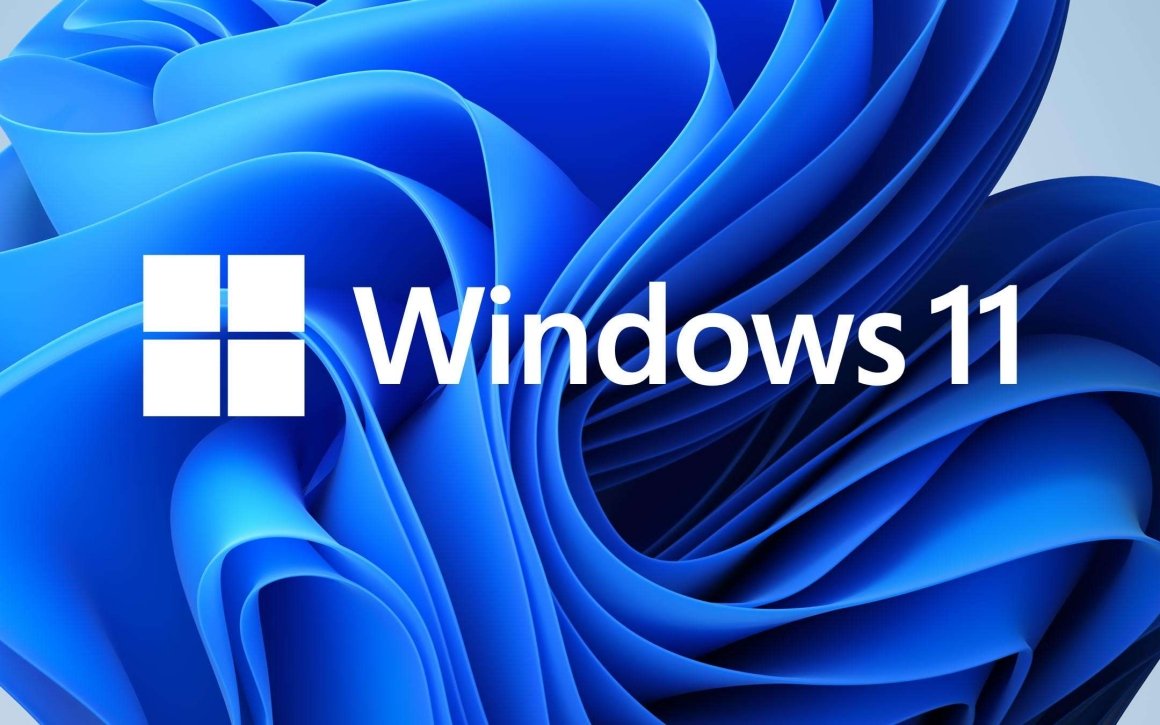Nearly 43% of millions of devices studied by Lansweeper cannot upgrade to Windows 11 due to hardware requirements set by Microsoft for the operating system system.

The Lansweeper he says that 42,76% of 27 million computers it tested in 60.000 organizations failed the CPU test. A total of 71,5% of the computers it tested failed the RAM test while 14,66% failed the TPM test.
"We know that those who can't upgrade to Windows 11 ... will continue to use Windows 10," said Roel Decneut, chief strategy officer at Lansweeper, whose clients include Sony, Pepsico, Cerner, MiT and Hilton.
He also said that while businesses are ready to upgrade their PC fleets, there are "broader issues affecting adoption that are beyond Microsoft's control."
"OR vacation of the global supply chain has created a shortage of processor chips, with many choosing to stick with the hardware they currently have due to global economic uncertainty."
Other findings from Lansweeper show that adoption rates for the latest operating system are improving, as it is now on 1,44% of PCs, up from 0,52% in January.
This means that recently the adoption of the new operating system has overtaken Windows 8 in popularity share, but remains far behind the market share held by Windows 7, despite the fact that the operating system is not supported as of January 2020.
Adoption is, surprisingly, higher among consumers than businesses. About 4,82% of business devices surveyed were running an operating system that was not fully supported while 0,91% had end-of-life servers.





